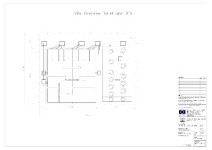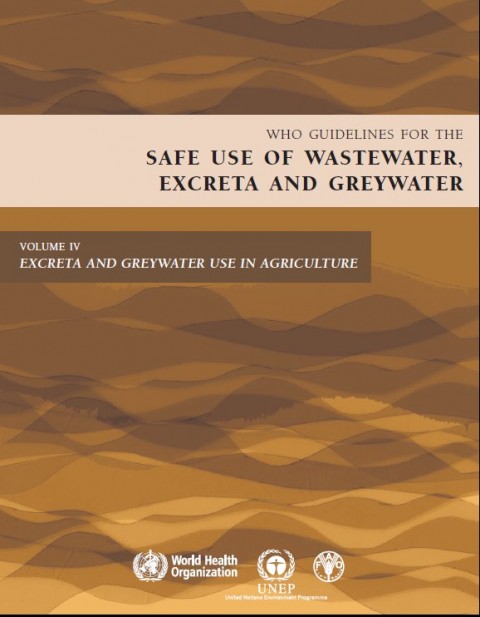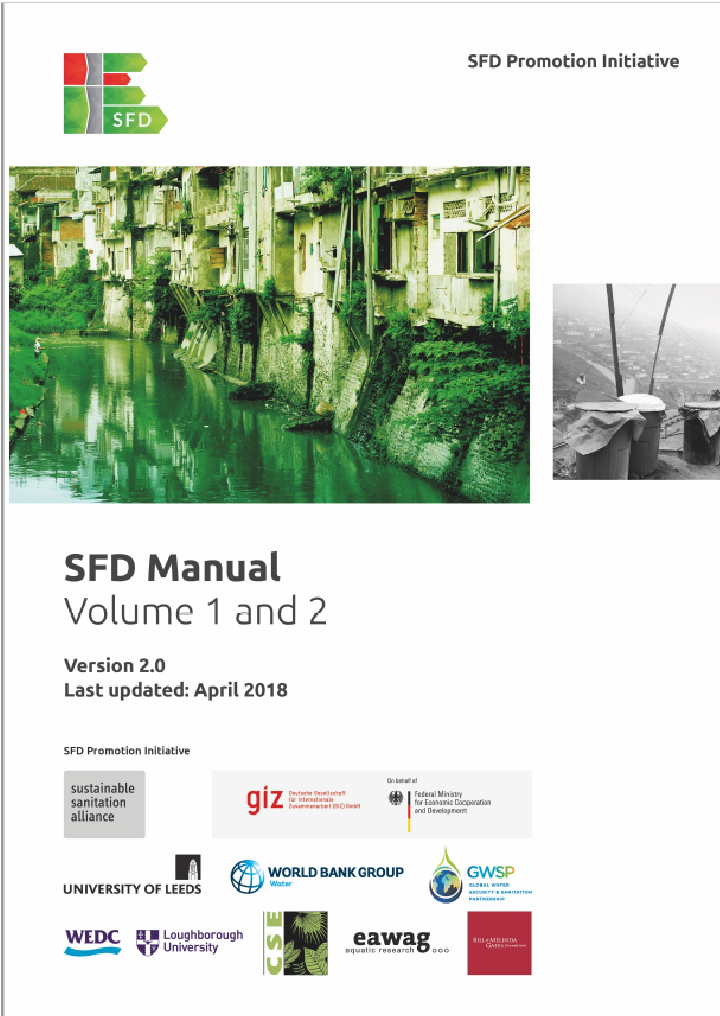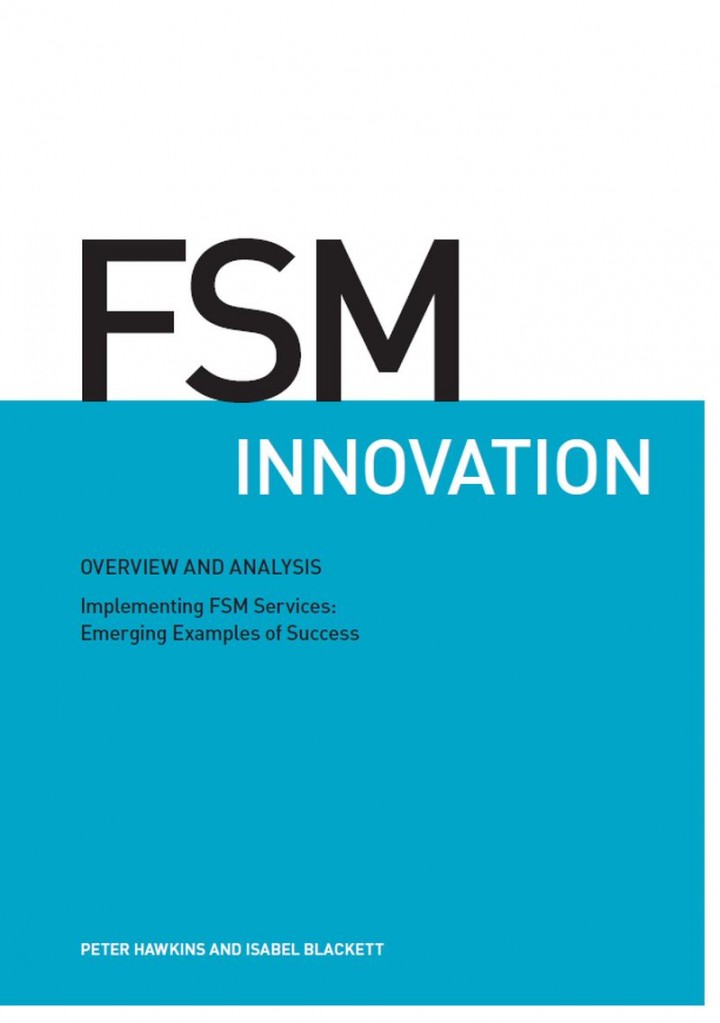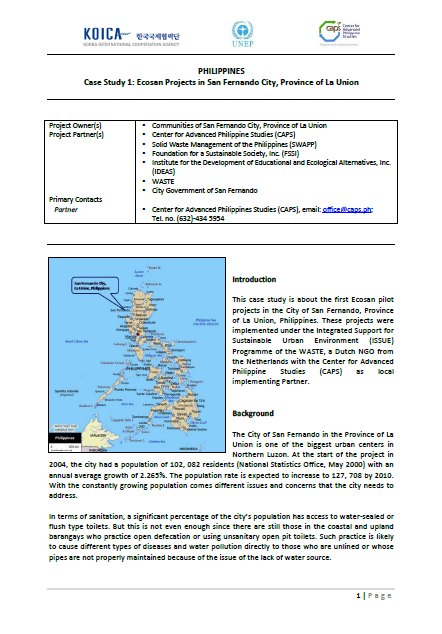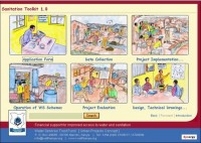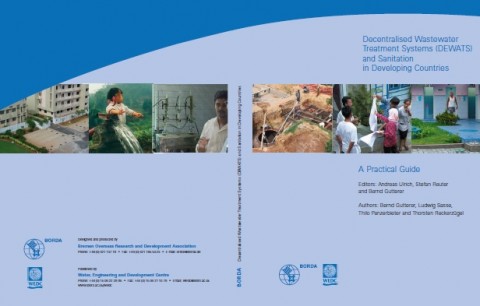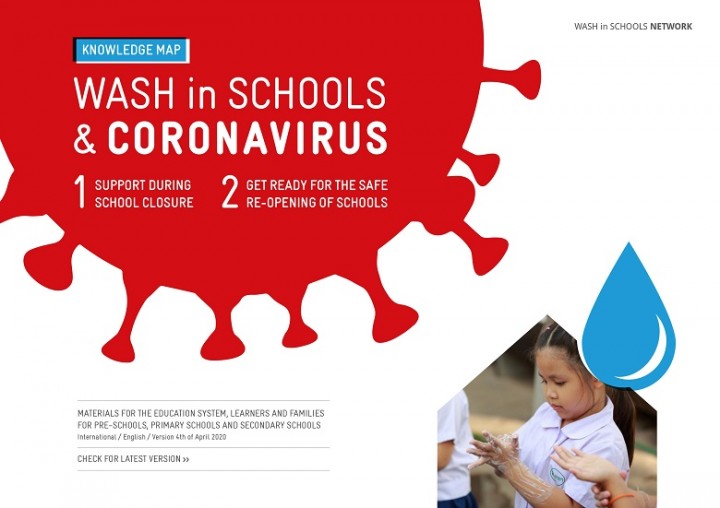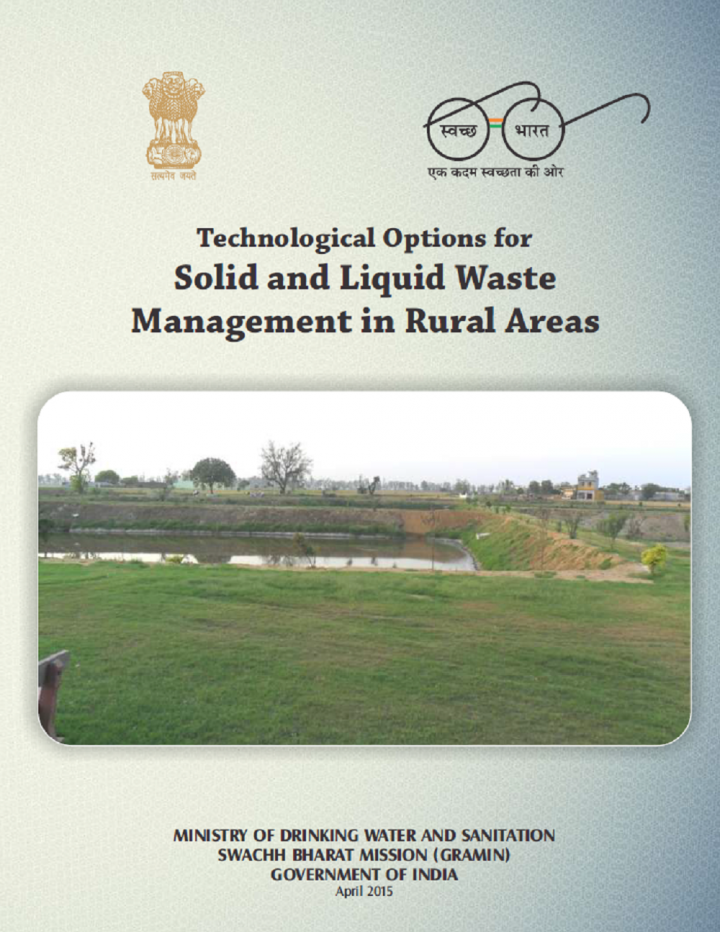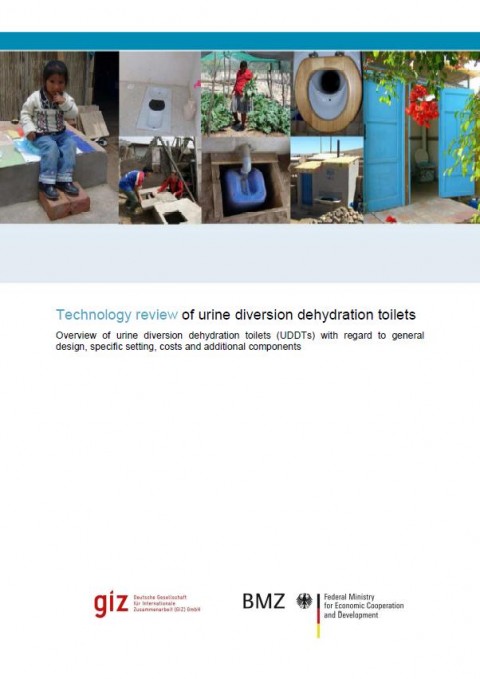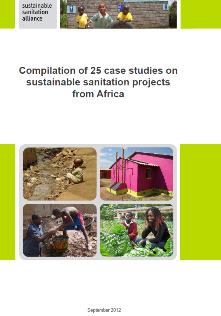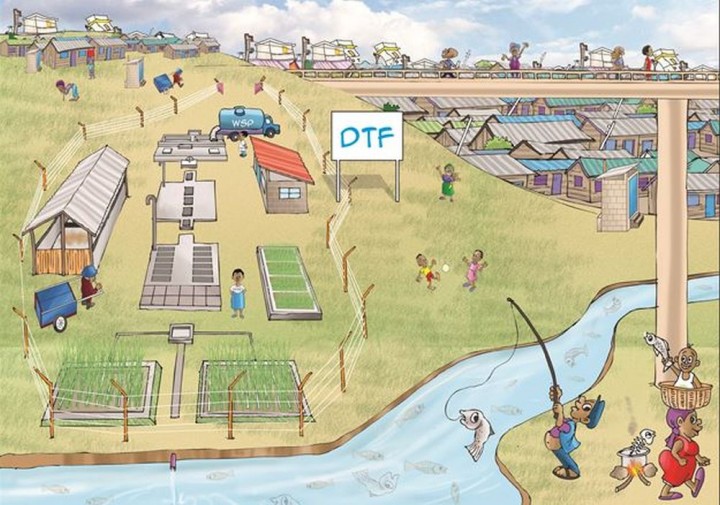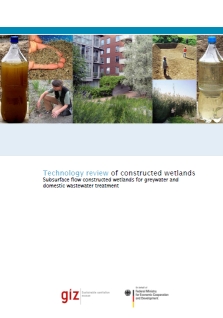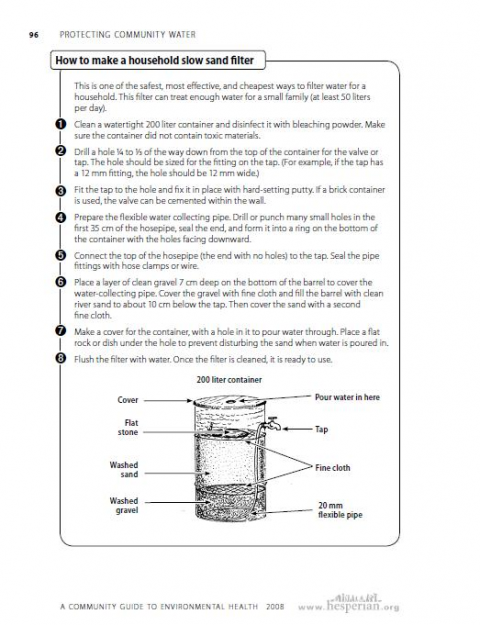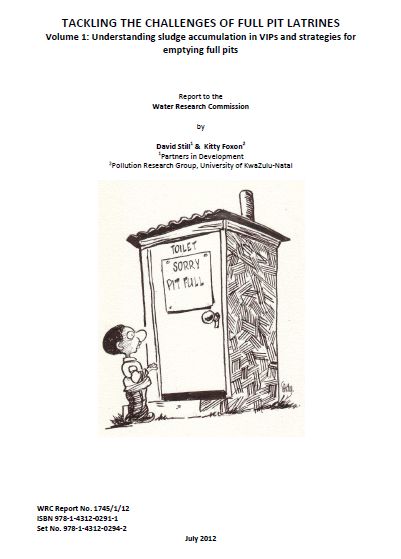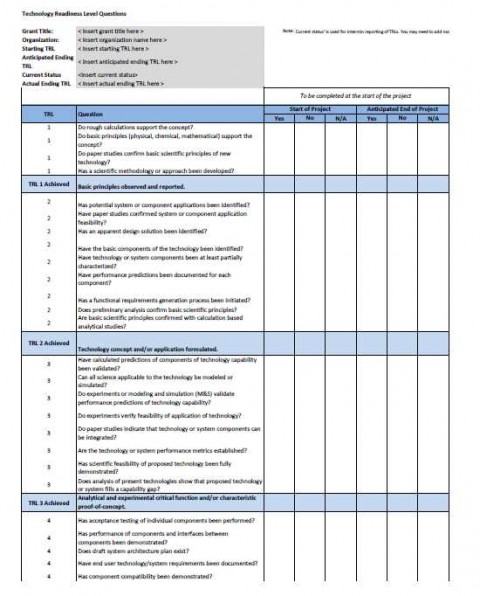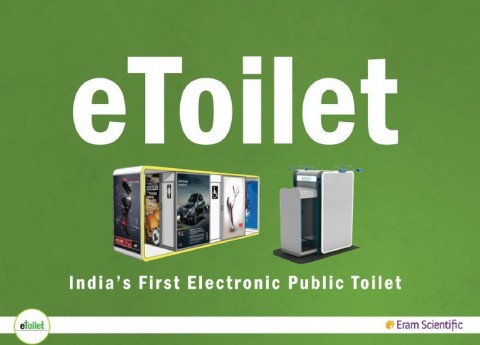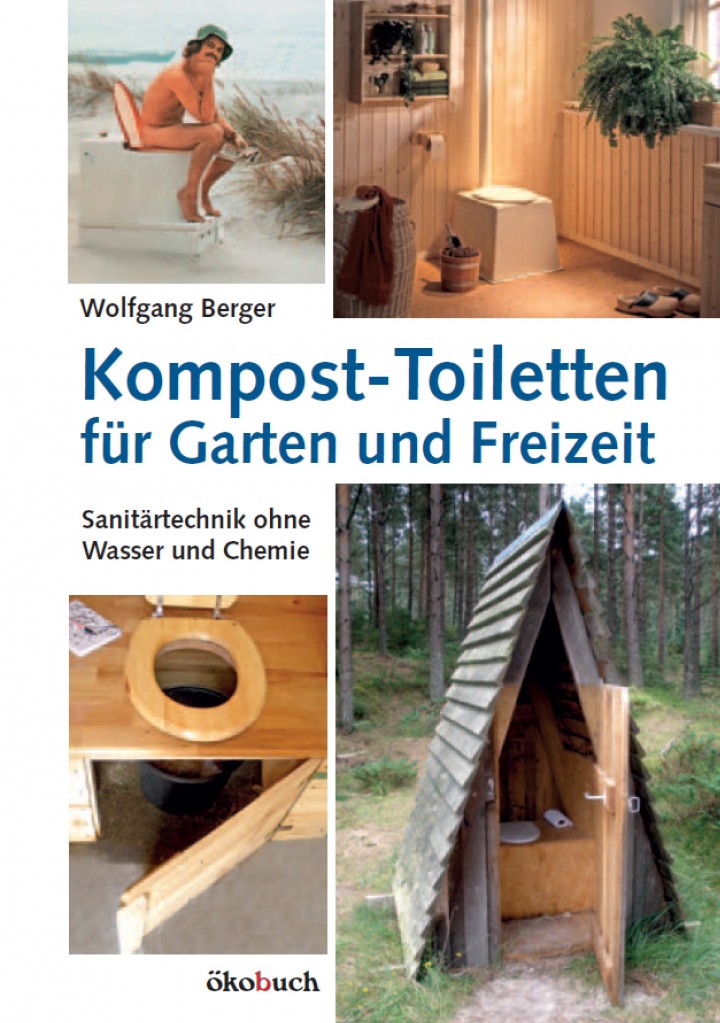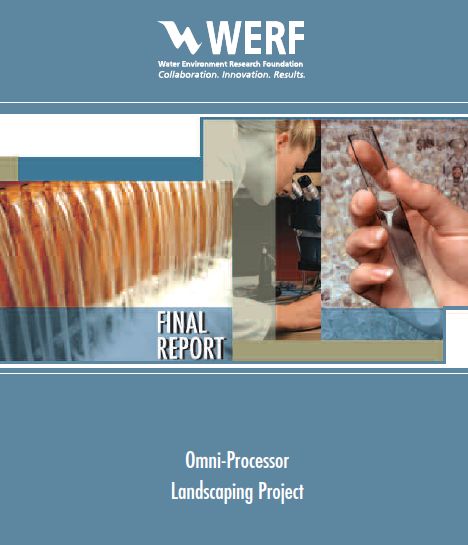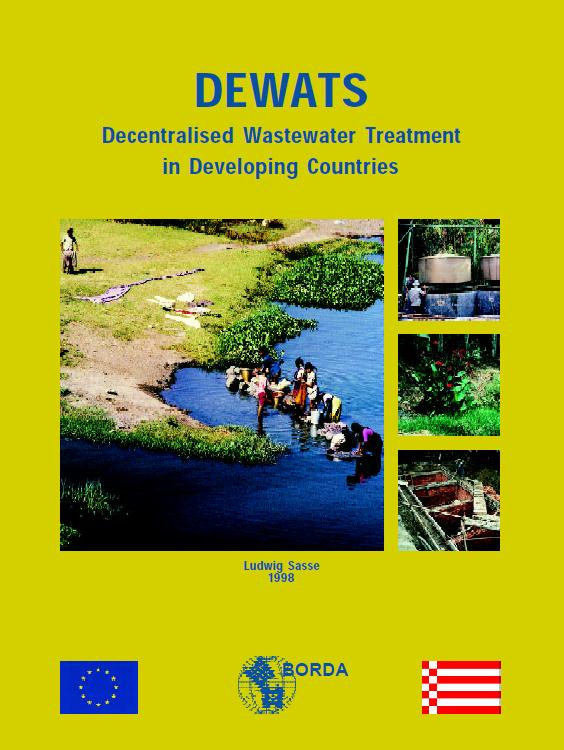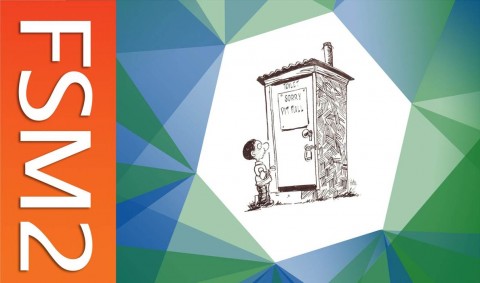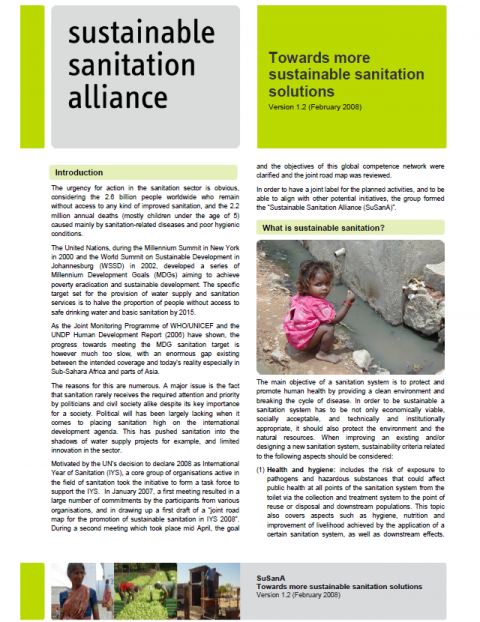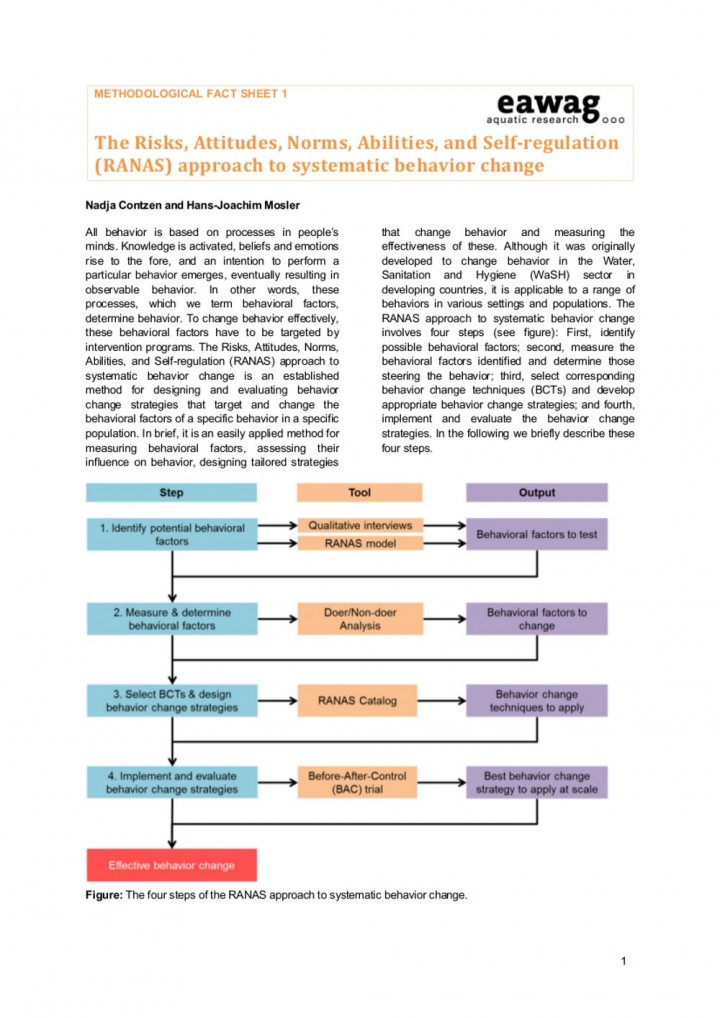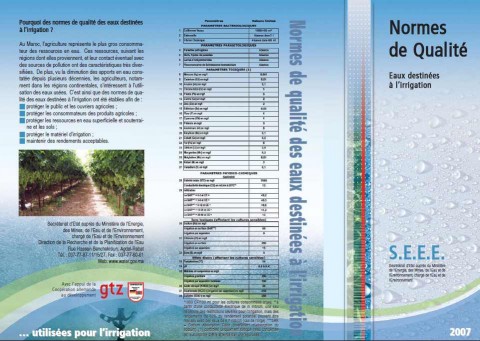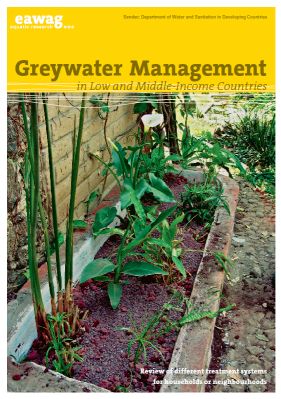Searching for information on Sanitation Workers?
The Sanitation Workers Knowledge + Learning Hub is the best source for all current news, trends, articles and updates on sanitation workers rights around the world.
Volume 4 of the Guidelines focuses exclusively on the safe use of excreta and greywater in agriculture. Recent trends in sanitation, including ecological sanitation, are driven by rapid urbanization. The momentum created by the Millennium Development Goals is resulting in dramatic changes in human waste handling and processing. New opportunities enable the use of human waste as a resource for …
An excreta flow diagram (also often described as shit flow diagram, SFD) presents a clear picture of the outcome arising from wastewater and faecal sludge management practices and services in a city or town. This is expressed in terms of the percentage of the population. An accompanying report describes the service delivery context of the city or town.
Worldwide, 2.7 billion people rely on onsite sanitation and more than 4.5 billion people do not have access to safely managed sanitation services. Yet, in many places there is still no management system in place to deal with the faecal sludge (e.g. septage and pit latrine sludge) from such systems. This results in the faecal waste often being dumped directly into the immediate residential …
The WASH in Schools Network (UNICEF, GIZ, Save the Children, WATERAID; Emory, LSHTM, among others) has compiled this knowledge map with links to relevant materials about COVID-19 for learners, their families and the education system. The map is intended for the time when schools are closed and in preparation for re-opening of schools. We want to help you navigate through the jungle of information …
This library entry contains key documents involved in the implementation of the UBSUP programme, from the social marketing for improved toilet at household level to the construction and operation of the sanitation infrastructures (toilet and Decentralised Treatment Facility). Note that more documents are available on the SafiSan toolkit located in the WSTF website, see link below.
As an …
The Second International Faecal Sludge Management Conference was held in Durban from the 29th to the 31st of October 2012. 320 delegates from around the world shared ideas and discussed challenges and opportunities in on-site sanitation.
Below you find the Conference Report and the list of papers in alphabetical order by main author last name.
The available FSM2 conference presentations in …
The overall goal of the SuSanA is to contribute to the achievement of the MDGs by promoting sanitation systems which are taking into consideration all aspects of sustainability. The MDGs and the UN’s “International Year of Sanitation 2008” are highly appreciated by the “Sustainable Sanitation Alliance” as they help push sanitation high up in the political agenda. The main focus of the …
These six fact sheets about methodologies deal with the RANAS (Risks, Attitudes, Norms, Abilities, and Self‐regulation) approach that is an often used method for designing and evaluating behavior change strategies. The factsheets contain a brief description of the approach ready to use for practitioners.

